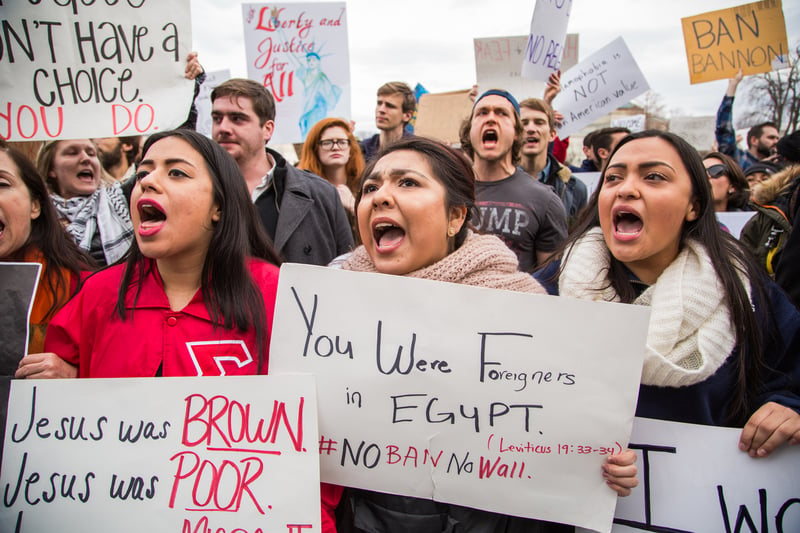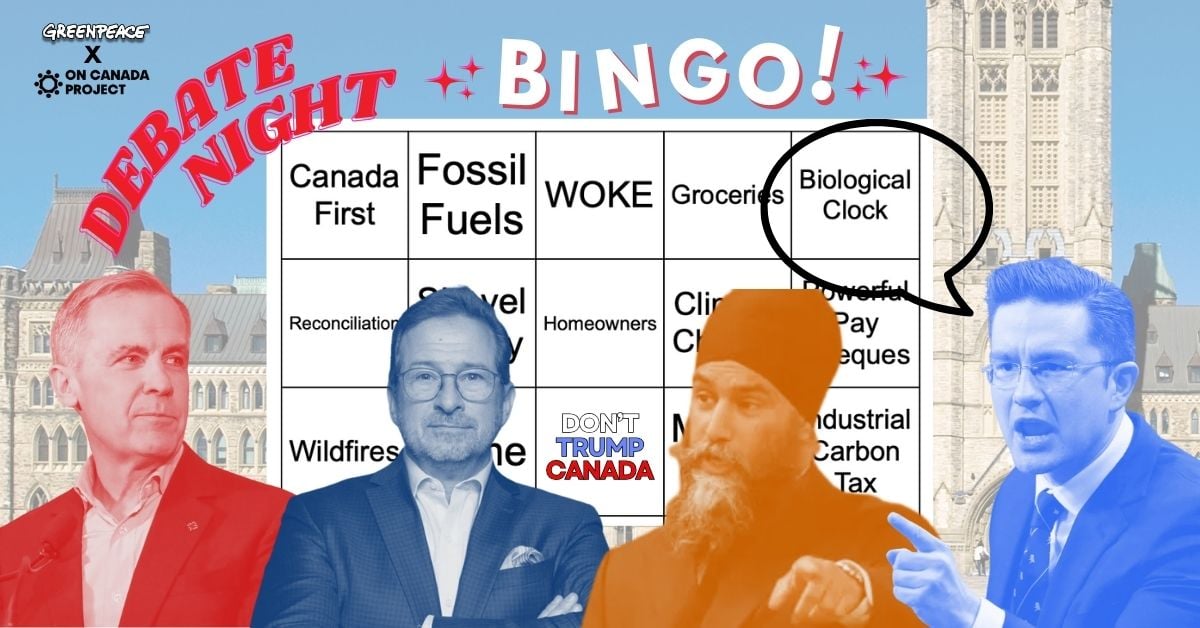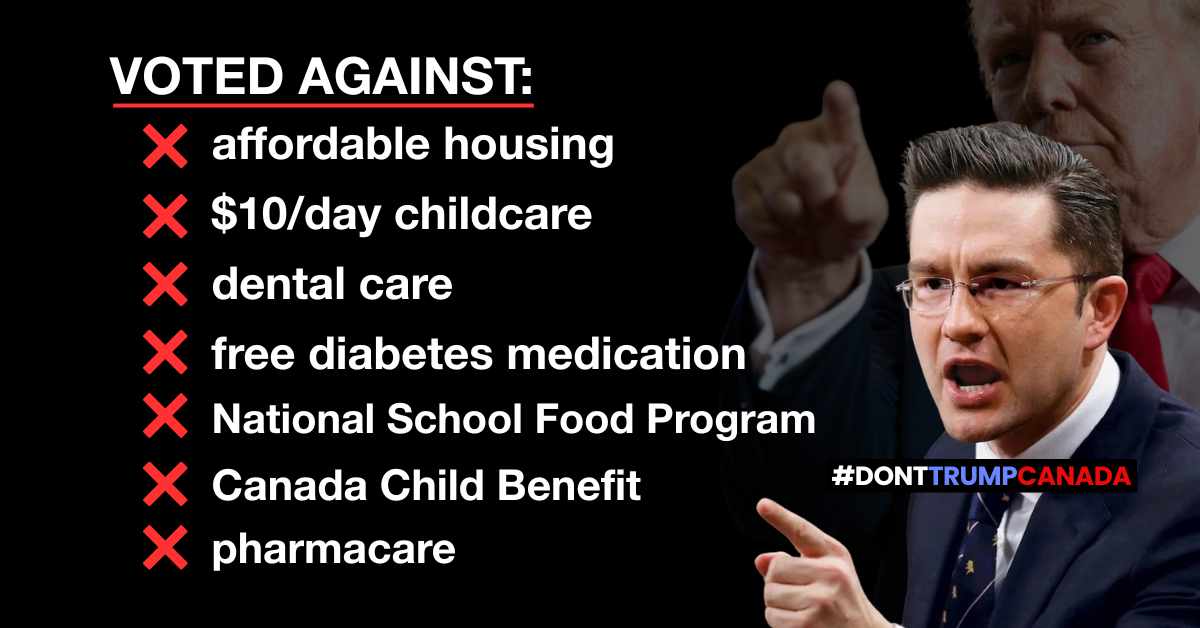Across this country, residential school denialism is not new. It is part of Canada’s long history of refusing to confront colonial violence. While voices like Aaron Gunn have brought it into sharper public focus, this form of denial has always existed. It is not only about denying the past. It is about repeating it.
Let’s be clear: denialism is not just disagreement. It’s harm.
It silences Survivors.
It erases the lives of thousands of Indigenous children who never made it home.
And it reinforces the same systems that created the residential school system in the first place. Systems rooted in white supremacy, control, and erasure.
The Truth and Reconciliation Commission of Canada (TRC) documented the horrific experiences of Indigenous children who were taken from their families, stripped of their cultures, abused, and in many cases, never seen again. This is not speculative. It is not up for debate. It is truth shared courageously by Survivors and families who continue to carry the weight of intergenerational trauma.
Denialism is not new. For over a century, residential schools were framed as “benevolent” institutions meant to civilize and educate. In reality, they were sites of cultural genocide, designed to sever Indigenous Peoples from their identities, families, languages, and Nations. The erasure we are seeing today is not a sudden resurgence. It is a continuation of a long pattern where Indigenous truths are questioned, invalidated, and buried.

And that pattern is not just playing out on fringe YouTube channels. It is being echoed at the highest levels of Canadian politics. Conservative Party leader Pierre Poilievre has continued to support Aaron Gunn, even after Gunn released a video denying the reality of unmarked graves and challenging the findings of the TRC. This is not just irresponsible. It is a deliberate alignment with denialism. It shows us exactly how comfortable some political leaders are with erasing Indigenous truths if it serves their narrative or consolidates their base.
As a non-Indigenous person, I know it is not my place to speak over Indigenous communities or claim to understand the full weight of this violence. But I also know that silence serves the status quo. That when denialism spreads unchecked, it creates space for more harm. My role, as a settler on these lands, is to listen, to learn, and to speak out where I can.
Even among settlers who support reconciliation in principle, there is often an unspoken hope that we can move on. That wearing an orange shirt, reading a land acknowledgement, or posting a hashtag is enough. But truth is not a checkbox. It is a commitment. And that commitment must include challenging denialism wherever it shows up, on YouTube, in political platforms, in classrooms, and in our own families.
Canada cannot move forward while refusing to look back. We cannot talk about healing while Survivors are still fighting to be believed. And we cannot talk about reconciliation while politicians and content creators deny the basic facts of this country’s history.
Reconciliation without truth is just another form of denial.
And truth, real truth, is not easy.
It demands that we sit with discomfort, not run from it.
It asks us to see how we are connected. Not just to the land we live on, but to the systems we benefit from.
And it calls on us to show up again and again with humility, courage, and care.
So if you’re reading this and wondering what you can do, start here:
- Believe Survivors. Read their testimonies. Share their voices.
- Speak up when denialism is disguised as “just asking questions.”
- Challenge the people in your circles who minimize the violence.
- Support Indigenous-led organizations, education, and land back movements.
- Reflect on what it means to be a guest and what kind of guest you want to be.
Because the truth is not optional.
And if reconciliation is going to mean anything, it has to start with telling the truth.



